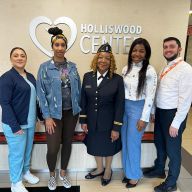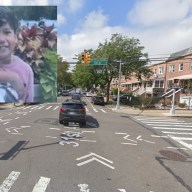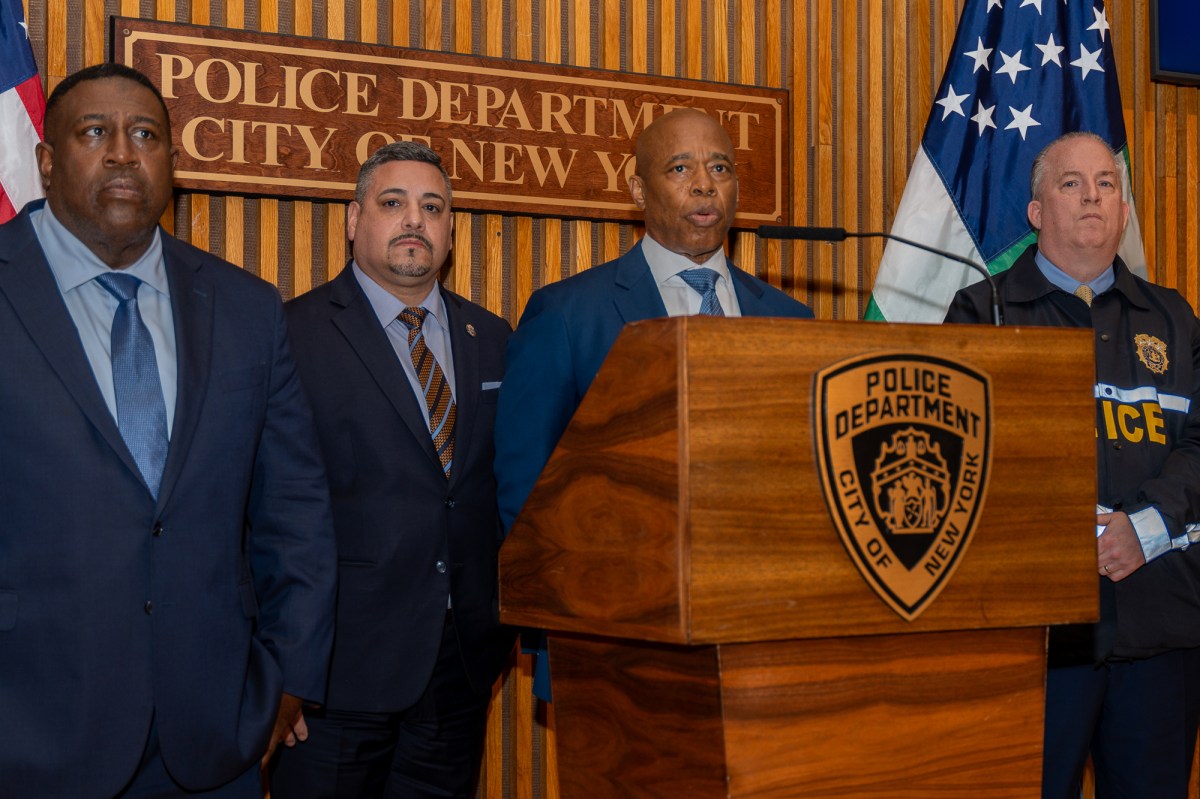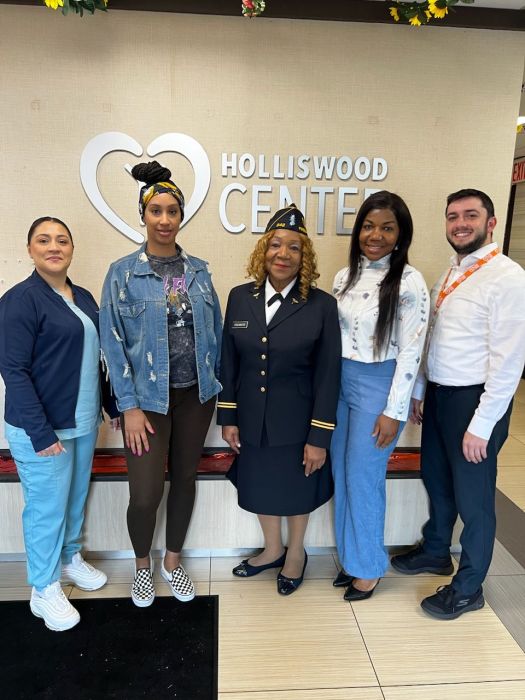By Aaron Short
John Ranz had been running Holocaust Survivors USA/The Generation After, a nonprofit he founded that was dedicated to understanding the lessons about the Holocaust and helping survivors speak out about their experiences, when he realized he had never shared his own story of surviving Buchenwald.
“I'm proud to have done it, to be a part of a group of survivors of the war who came back and told their stories,” said Ranz, a Sheepshead Bay resident for the past 17 years. “I wanted to add something to the future of humanity.”
Twenty years after writing the original manuscript for Inhumanity: Death March to Buchenwald and the Last Jews of Bendzin, his daughter Shirley Ranz partially edited the book, hired a professional editor and found a publisher to distribute the memoir.
“When he wrote the book, it was about his personal experience,” said Shirley Ranz, the former president of Brooklyn Queens National Organization for Women. “Two years ago, I said to myself, he's getting older and we should do something with this manuscript.”
Ranz's story is an astonishing one of heroism and kindness in the midst of the brutal consequences of fascism and anti-Semitism. Born in Poland, Ranz was a youth leader in the small southern Polish city of Bendzin when Germany invaded in 1939. He lived in a mixed neighborhood of Jews, Polish, and Germans, but had very few Polish friends. His father was an accountant, writer, and labor organizer, who organized independent Jewish tailors, shoemakers and other storeowners.
Even before Germany invaded Poland, Ranz encountered fervent anti-Semitism growing up, encouraged by local churches and several anti-Semitic laws that the Polish government enacted during the 1930s.
“On Sundays, I would make sure not to be near the church because the priest would instigate anti-Semitism and the parishioners would leave the church looking for the Jews.”
Ranz recalled seeing the German army invading his city with tanks and motorized vehicles driving through the streets and destroying political opposition. In the Holocaust, he lost every living relative and many friends. His wife, Nitzah, lost all of her seven siblings, except one.
“Not having uncles and aunts seemed normal to me growing up,” Shirley Ranz said, explaining that many of her friends had parents who were also Holocaust survivors and had lost their relatives in the Holocaust.
Ranz's memoir recounts his experiences marching to the concentration camp at Buchenwald, during which thousands of prisoners died from starvation and killings by Nazi guards, and surviving inside the prison with the help of sympathetic German anti-Nazis. One of the German political prisoners, Walter Sonntag, helped Ranz give Jewish children inside the camp food and packages from their families.
“These were people of great ethical moral resolve and character. They were great socialists,” said Ranz.
Ranz's fiancée, Nitzah, was able to survive outside the ghetto by claiming that she was German and hid among the general population.
“It was a trend in the ghettos,” Ranz said. “Children would go in to Germany, and claim that their parents died in the war as non-Jews. I was part of that resistance movement to encourage children and integrate them into German or Polish populations, never admitting their backgrounds.”
Ranz has returned to Poland and Germany several times during and after the Cold War, and he always found the experience unsettling.
“It was unpleasant,” Ranz said of a trip he made to Poland in 1987. “We came back to a population that did not show any sympathy to us except the enlightened labor movement and the democratic socialists.”
In the past few years, Poland's interest in its Jewish past has skyrocketed. There are klezmer festivals in August and other Jewish-interest events held in cities and villages throughout the country. Ranz is encouraged by the recent interest in Jewish culture in Eastern Europe, but sees the role of Holocaust survivors as preventing future genocides throughout the world.
“I want to warn humanity that it can happen again,” Ranz said. “We as survivors of the Holocaust have an obligation to eliminate racism and warn the world about what racism can do. Fascist parties use racism as a tool to antagonize minorities and look down at others who are not part of the same ethnic group.”
The passing of many of his colleagues, as Holocaust survivors grow older, worries Ranz too. He emphasizes the importance of sharing and documenting the stories of survivors so future generations can understand their moral legacy.
“We must educate younger generations and include in the educational curriculum study on the Nazi era,” Ranz said. “We have to be constantly on guard. It may not happen here, but we are not right now doing enough in the field of education to teach mankind about our history.”
Inhumanity: Death March to Buchenwald and The Last Jews of Bendzin by John Ranz is available in paperback, and can be ordered on www.amazon.com.
Ranz will be speaking at the Brooklyn College Hillel (2901 Campus Road, just off 2900 Bedford Avenue) on April 17 at 2 p.m. For more information or to invite John Ranz to speak at an engagement, call 718-743-6640 or 718-769-8901.

































